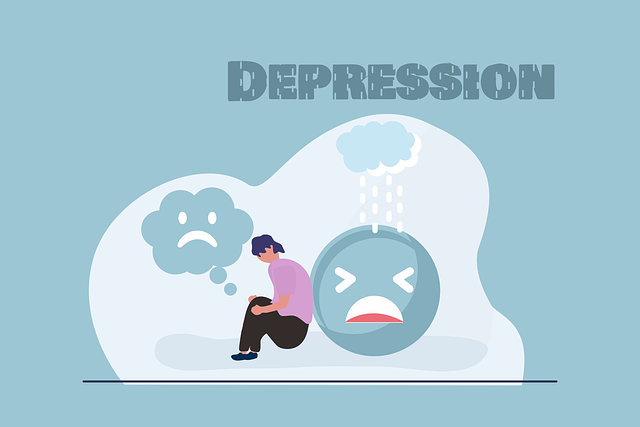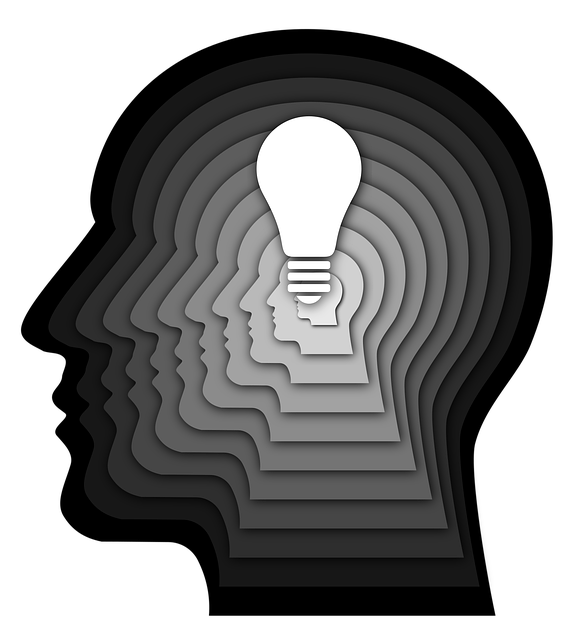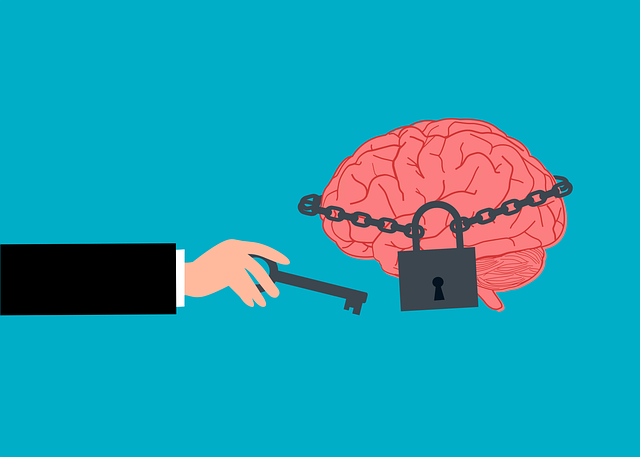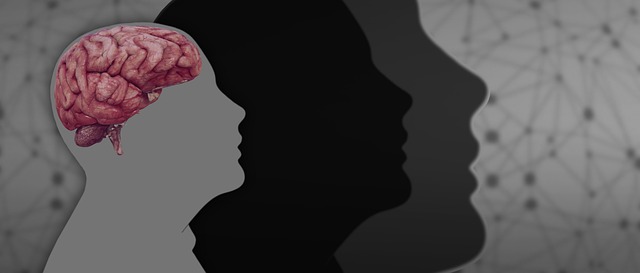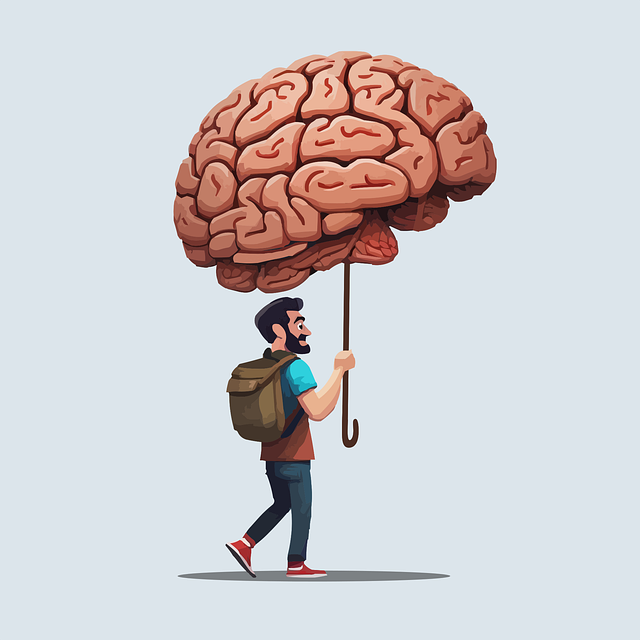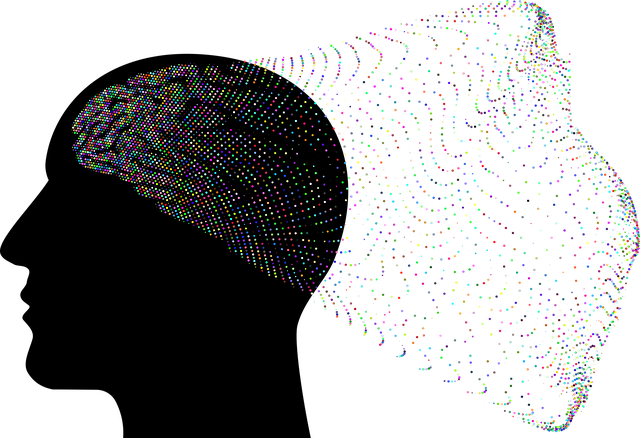Mental wellness groups in Colorado Springs, featuring accessible neuro disorders therapy, serve as essential support pillars for individuals facing mental health challenges. These safe spaces encourage open dialogues, enabling members to share experiences, learn coping strategies, and gain insights into managing their well-being. Through diverse formats, including peer-led and professional sessions, these groups cater to unique needs, offering crisis intervention, social skills training, and specialized Colorado Springs Neuro Disorders Therapy. Healthcare providers can integrate group facilitation techniques through programs like the Community Outreach Program Implementation to promote self-care and prevent burnout among participants, contributing to enhanced individual recovery and a stronger community.
In today’s digital era, mental wellness support groups facilitated by skilled professionals are becoming increasingly vital. This article explores the art of group therapy for mental health, offering insights into effective facilitation techniques that foster healing and community. From understanding different types of support groups to best practices tailored for neuro disorders like those found in Colorado Springs Neuro Disorders Therapy, we delve into strategies that enhance participation and create a safe space for personal growth.
- Understanding Mental Wellness Groups
- – Definition and benefits of group therapy for mental wellness
- – Different types of mental health support groups
Understanding Mental Wellness Groups

Mental wellness groups play a pivotal role in fostering collective support and enhancing individual well-being, especially in communities like Colorado Springs where neuro disorders therapy is readily accessible. These groups provide a safe space for individuals facing similar challenges to come together, share experiences, and offer mutual support. By facilitating open dialogues, group members can gain valuable insights into managing their mental health while also developing effective coping strategies.
In the context of healthcare, understanding the dynamics of these groups is crucial, especially when considering burnout prevention strategies for providers who often juggle demanding schedules. The Community Outreach Program Implementation involves leveraging these support networks to promote self-care practices among participants. Through group facilitation techniques, members learn from one another, encouraging proactive mental wellness management—a key aspect in preventing healthcare provider burnout.
– Definition and benefits of group therapy for mental wellness

Group therapy offers a unique and highly beneficial approach to mental wellness support, providing individuals with a safe and supportive environment to connect and share experiences. This collaborative therapeutic setting facilitates open dialogue, fostering a sense of community among participants. By engaging in group discussions and activities, members can gain valuable insights from one another’s perspectives, encouraging empathy and understanding. Group therapy is particularly effective for addressing various mental health challenges, including anxiety, depression, and trauma, as it allows individuals to challenge negative thought patterns and develop healthier coping mechanisms together.
In the context of Colorado Springs neuro disorders therapy, group sessions can be tailored to meet specific needs. Burnout prevention strategies for healthcare providers, for instance, can benefit from group therapy’s ability to promote stress management workshops organization. Mental wellness is enhanced when individuals learn from each other’s experiences and develop personalized tools for navigating life’s challenges. This collective approach not only supports individual recovery but also contributes to a stronger, more resilient community.
– Different types of mental health support groups

Mental health support groups come in various forms, each catering to specific needs and offering unique benefits for individuals navigating their mental wellness journeys. One popular type is the peer-led group, where individuals with similar experiences and challenges facilitate discussions and provide mutual support. These groups foster a sense of community and understanding, allowing members to share their stories and learn from one another. Another structure involves professional therapists leading sessions tailored to specific disorders, such as Colorado Springs Neuro Disorders Therapy, offering specialized care and guidance.
Additionally, there are crisis intervention groups designed to provide immediate assistance during times of acute distress, utilizing effective communication strategies to help individuals manage crises effectively. Social skills training groups focus on enhancing interpersonal interactions, teaching valuable techniques for building connections and improving overall mental well-being. These diverse formats ensure that everyone can find a supportive environment suited to their unique mental health requirements.
Group facilitation techniques play a pivotal role in enhancing mental wellness, offering a supportive environment where individuals can connect, heal, and grow. In Colorado Springs Neuro Disorders Therapy, these groups prove especially beneficial, fostering community among diverse participants facing similar challenges. By understanding the various types of support groups and leveraging effective facilitation strategies, therapists can create safe spaces that facilitate profound transformations, ultimately contributing to improved mental health outcomes for all involved.




